Automated trading is transforming the financial world with its speed and precision. From AI-driven algorithms to blockchain’s transparency, this article explores cutting-edge technologies and innovative strategies reshaping the trading landscape. Learn about current systems, emerging trends, and the crucial regulatory and ethical considerations guiding this exciting evolution. Investors can connect with educational experts through Quazar 360 Ai to stay informed about the latest trends and innovations in automated trading.
The Current Landscape of Automated Trading
Automated trading has become a mainstay in the financial markets, offering speed and precision that human traders can’t match. Today, traders use sophisticated software to execute trades based on pre-set rules and algorithms.
These systems analyze vast amounts of data in real time, making split-second decisions that can significantly impact profits.
Major players like hedge funds and investment banks rely heavily on these automated systems to maintain a competitive edge. For example, firms like Renaissance Technologies have seen immense success by leveraging automated trading.
Additionally, platforms such as MetaTrader and TradeStation provide accessible automated trading tools for individual traders. This accessibility has democratized trading, allowing more people to participate and benefit.
However, it’s not all smooth sailing. The rapid nature of automated trading can sometimes lead to market volatility. The “flash crash” of 2010 is a stark reminder of how quickly things can go wrong. Despite these challenges, automated trading continues to evolve, incorporating more advanced technologies like machine learning and artificial intelligence.
This evolution promises even greater efficiency and accuracy in trading, shaping the future of financial markets.
As automated trading becomes more prevalent, it’s crucial for traders to stay informed about its developments and implications.
Emerging Technologies Shaping the Future
The future of automated trading is being shaped by groundbreaking technologies. Artificial intelligence (AI) and machine learning are at the forefront, transforming how trading algorithms function.
These technologies enable systems to learn from vast datasets, improving their predictive accuracy over time.
For instance, AI-driven trading bots can analyze market sentiment through social media posts, news articles, and financial reports, offering a more nuanced approach to trading decisions.
Another exciting development is the use of blockchain technology. Blockchain’s transparency and security features make it ideal for financial transactions, potentially reducing fraud and increasing trust in automated systems.
Decentralized finance (DeFi) platforms like Uniswap and Aave are pioneering this space, offering new ways to trade and invest without traditional intermediaries.
Additionally, quantum computing holds promise for the future of trading. While still in its early stages, quantum computing could revolutionize the speed and complexity of calculations that trading algorithms perform.
Companies like IBM and Google are leading the charge in this area, working on quantum systems that could outperform classical computers by leaps and bounds. These emerging technologies are set to redefine automated trading, making it more efficient, secure, and intelligent.
Innovative Strategies and Techniques
Innovative strategies in automated trading are pushing the boundaries of what’s possible.
Algorithmic trading, once limited to simple buy and sell orders, now employs complex strategies like arbitrage and market making. Genetic algorithms, inspired by natural selection, are one such advancement.
These algorithms evolve over time, selecting the most successful strategies to optimize trading performance.
Swarm intelligence, modeled after the collective behavior of animals, is another technique gaining traction. It involves multiple algorithms working together, sharing information to improve overall decision-making.
Social trading platforms, like eToro, are also changing the game. These platforms allow traders to mimic the strategies of successful investors, combining human intuition with algorithmic precision. Sentiment analysis is another innovative tool.
By analyzing public sentiment on platforms like Twitter or financial news sites, algorithms can gauge market mood and predict price movements.
For example, a surge in positive sentiment about a particular stock could signal a potential price increase.
These strategies and techniques highlight the creativity and ingenuity driving automated trading forward.
They offer traders new ways to leverage technology, optimize their strategies, and potentially increase their returns. Staying updated on these innovations is crucial for anyone involved in trading.
Regulatory and Ethical Considerations
As automated trading advances, regulatory and ethical considerations become increasingly important. Regulatory bodies worldwide are grappling with how to oversee this fast-evolving sector.
The Securities and Exchange Commission (SEC) in the United States, for example, has implemented rules to curb excessive trading and reduce market volatility.
However, the rapid development of new technologies often outpaces regulatory frameworks, creating gaps that can be exploited. Ethical considerations are equally pressing.
Automated trading systems can inadvertently reinforce biases present in their training data, leading to unfair or unethical trading practices. For instance, an algorithm trained on historical data may perpetuate existing market inequalities.
Ensuring fairness and transparency in these systems is crucial. Additionally, the potential for market manipulation through high-frequency trading (HFT) poses significant ethical dilemmas.
HFT firms can execute thousands of trades in milliseconds, potentially destabilizing markets. Balancing innovation with regulation is a delicate act.
Traders and developers must consider the broader impact of their technologies, striving to create systems that benefit all market participants.
Engaging with regulatory bodies and participating in industry discussions can help shape a fair and transparent trading landscape.
As automated trading continues to evolve, staying informed about regulatory and ethical issues is essential.
Conclusion
The future of automated trading is brimming with potential. As technologies like AI, blockchain, and quantum computing advance, they promise to make trading more efficient and secure. Staying informed and adaptable is key for traders. By understanding trends and innovations, you can harness these tools to enhance your trading strategies and success.


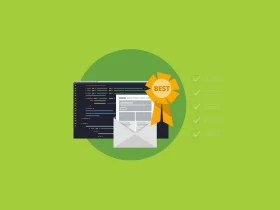












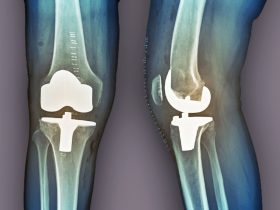



















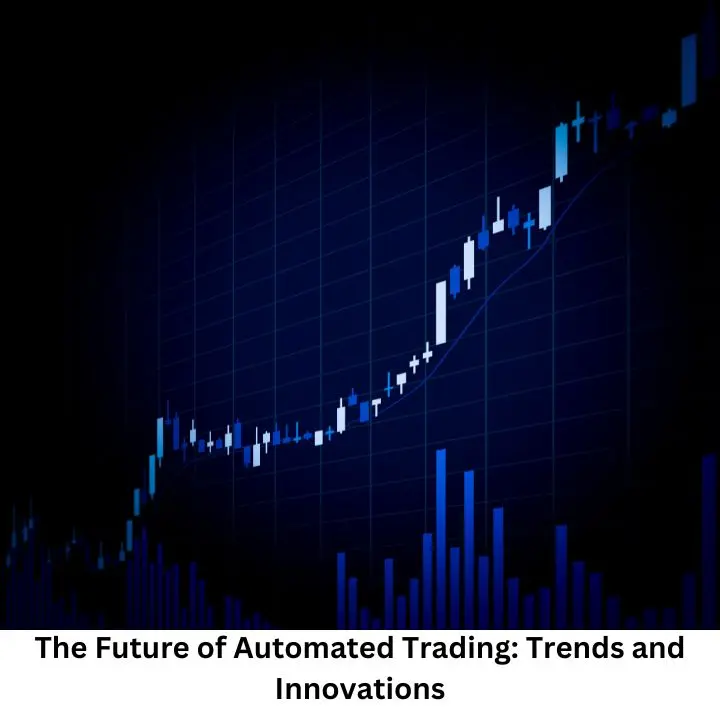

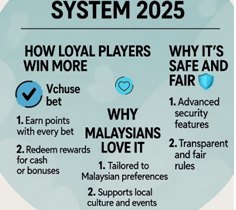



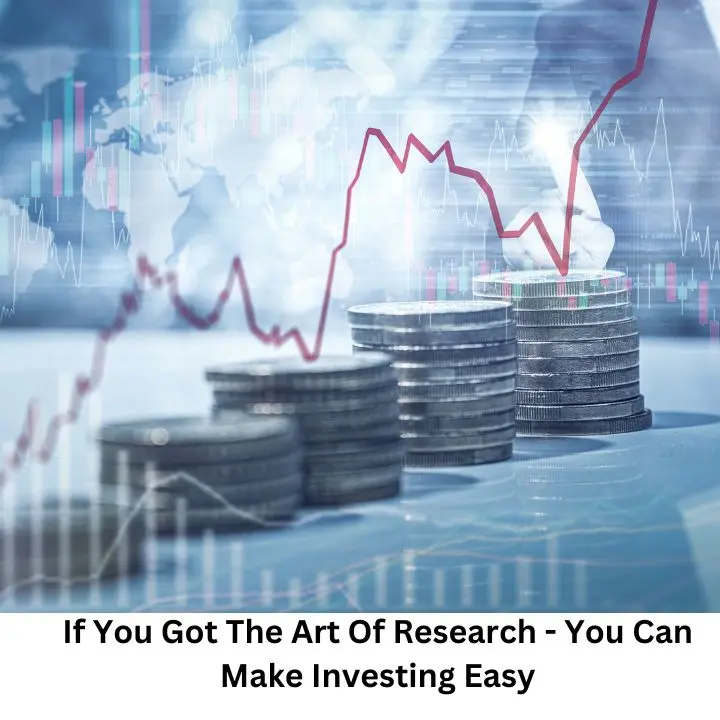
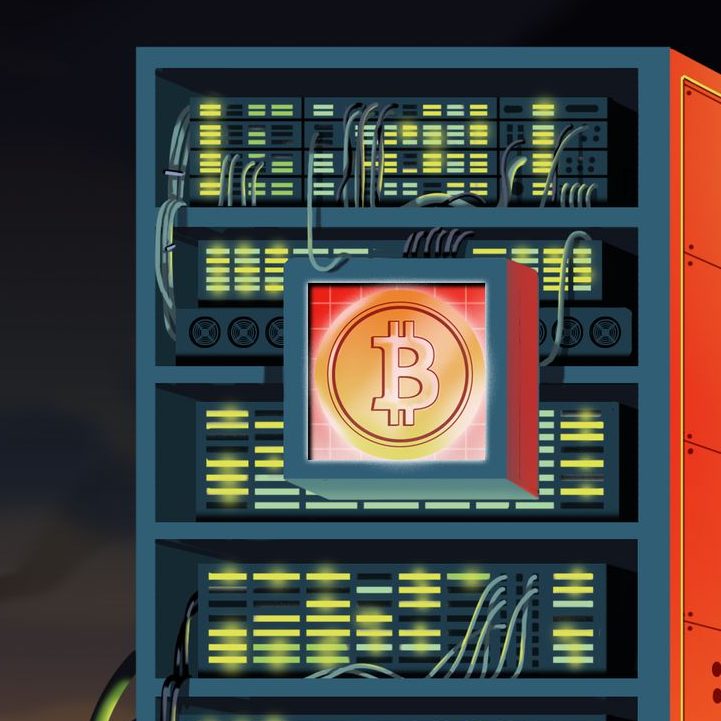
Leave a Reply